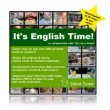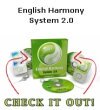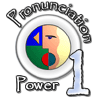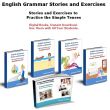Can vs Could Question
by Brian
I have a question about "Can" and "Could". Is there a way that I could understand these two words better? I easily get confused with that area.
Thanks for your question regarding can vs could. Let me explain the difference and then show you examples to make it clear.
Let's look at the basics regarding these modal auxiliary verbs.
1) We use verbs in the infinitive form after "can" and "could".
(I can speak Spanish. I couldn't speak Spanish 6 years ago).
2) Could is sometimes used as the past of can.
(When I was 20 I could play the Saxophone.)
3) Could is also used as a more polite form or conditional form of can. (Could I ask you a question? I could learn French if I wanted to.)
Now let's look at meaning. What do they mean?
Well, both words are used to talk about our ability to do something, to ask for something/give permission and to make requests/offers.
Can you speak Chinese? (ability)
You can go to the beach today. (Permission)
Could you pass the salt please? (Request)
Can I help you with something? (Offer)
Now if you want to keep things simple and less "textbook" here is what I generally think about "can" vs "could".
Can refers to ability. When you want to know if it is possible to do something then use can.
Can I go out tonight?
Can I take the car?
Can I go sailing?
Remember to follow "can" with the infinitive form of a verb.
When you are asking if you or someone else is able to do something you can replace "can" with "could" to sound more polite.
Could you help me fix my computer?
Could you phone my mother?
Could you lend me your pen?
I hope that helps.
Take care,
Diana
Return to ask your grammar questions here..
Still looking? Search the site for exactly what you need using the site search box below.
Happy exploring!
Discover these Amazing ESL Materials!
 |
 |
 |
 |
 |
 |
 |
 |
 |
 |